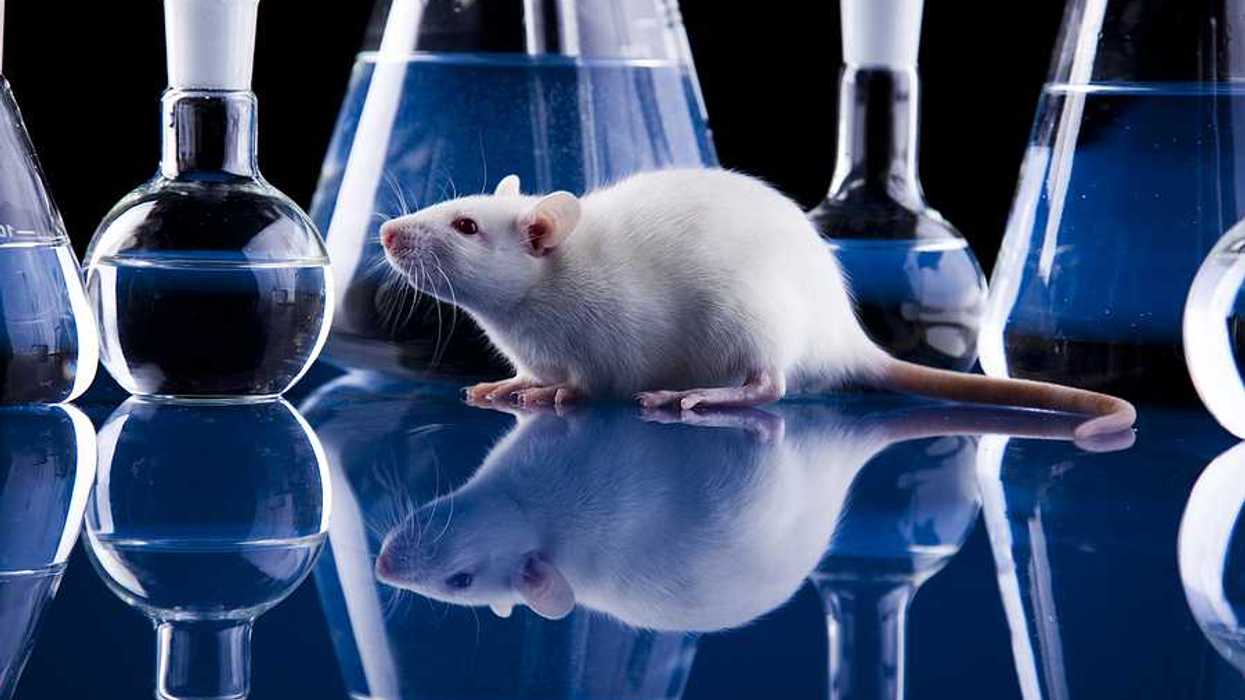North Dakota’s Senate passed a bill Monday that would make it harder for individuals to sue pesticide manufacturers, sparking protests from opponents who argue it weakens consumer protections.
Jeff Beach reports for North Dakota Monitor.
In short:
- The North Dakota Senate approved House Bill 1318 in a 29-18 vote, moving it back to the House after amendments. The bill limits legal liability for pesticide manufacturers if their products carry U.S. Environmental Protection Agency-approved labels and are properly manufactured.
- Proponents, including Sen. Janne Myrdal and Sen. Terry Wanzek, argue the bill protects farmers’ access to agricultural chemicals and shields companies like Bayer from what they describe as “frivolous lawsuits.”
- Opponents, including protesters and advocates from the Dakota Resource Council, warn the bill raises the burden of proof for plaintiffs and may block legitimate claims if a pesticide is later found to be harmful.
Key quote:
“Farmers themselves are giving up some protection. Don’t give it away.”
— State Sen. Tim Mathern, D-Fargo
Why this matters:
Laws that limit the liability of pesticide manufacturers can significantly impact who is held accountable when products harm people or the environment. Glyphosate, the active ingredient in Bayer’s Roundup, has been the center of high-profile lawsuits alleging it causes cancer. However, the EPA has long maintained that glyphosate poses no risk for human health when used according to the manufacturer’s instructions — a finding criticized by many scientists. Shielding companies from lawsuits based on current regulatory labels may lock in conclusions that don’t hold up over time. This legislative shift potentially strips rural residents, farmworkers, and everyday users of a path to justice if they’re exposed to substances that are later found to be dangerous. With similar bills being pushed nationwide, the fight over who gets to decide what’s “safe” is far from over.
Learn more:














